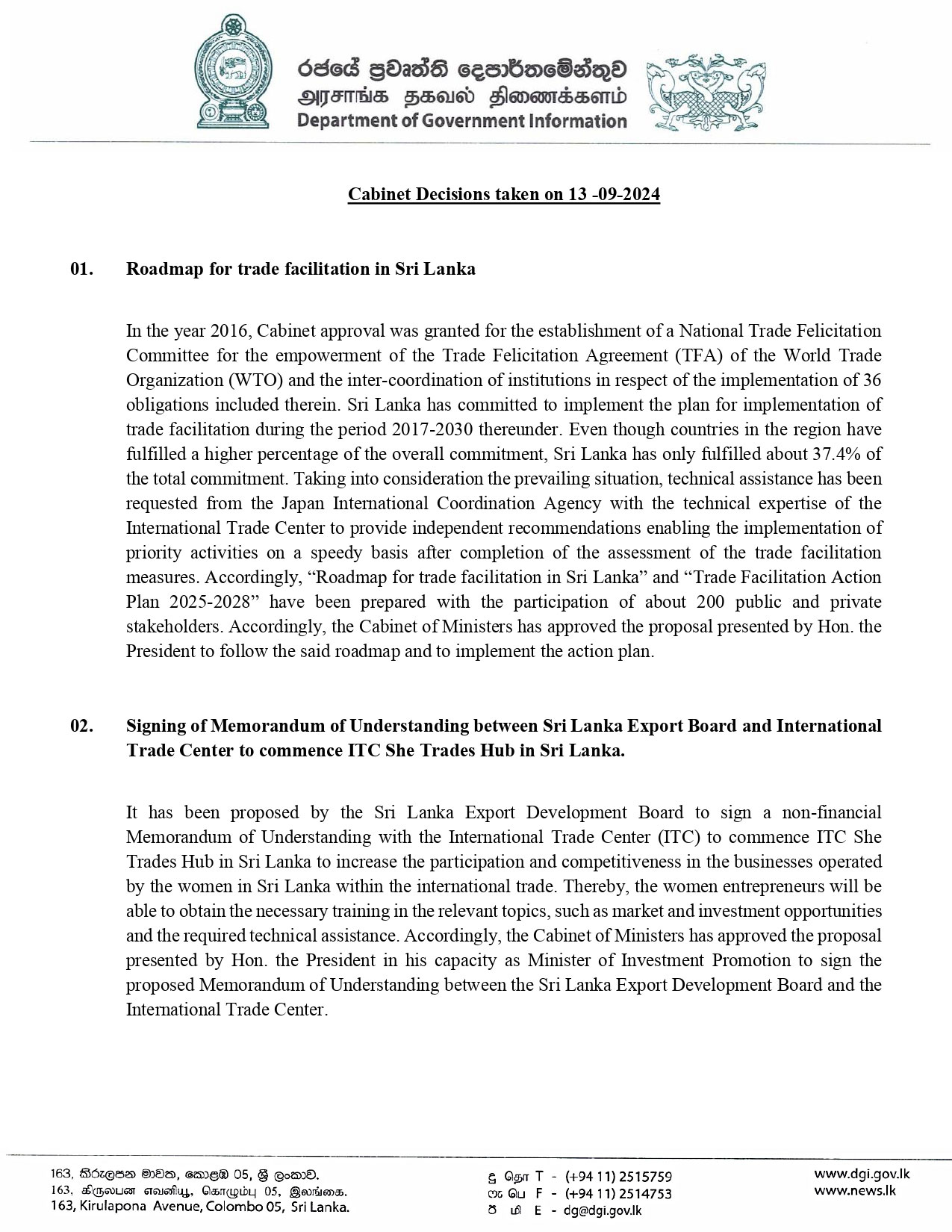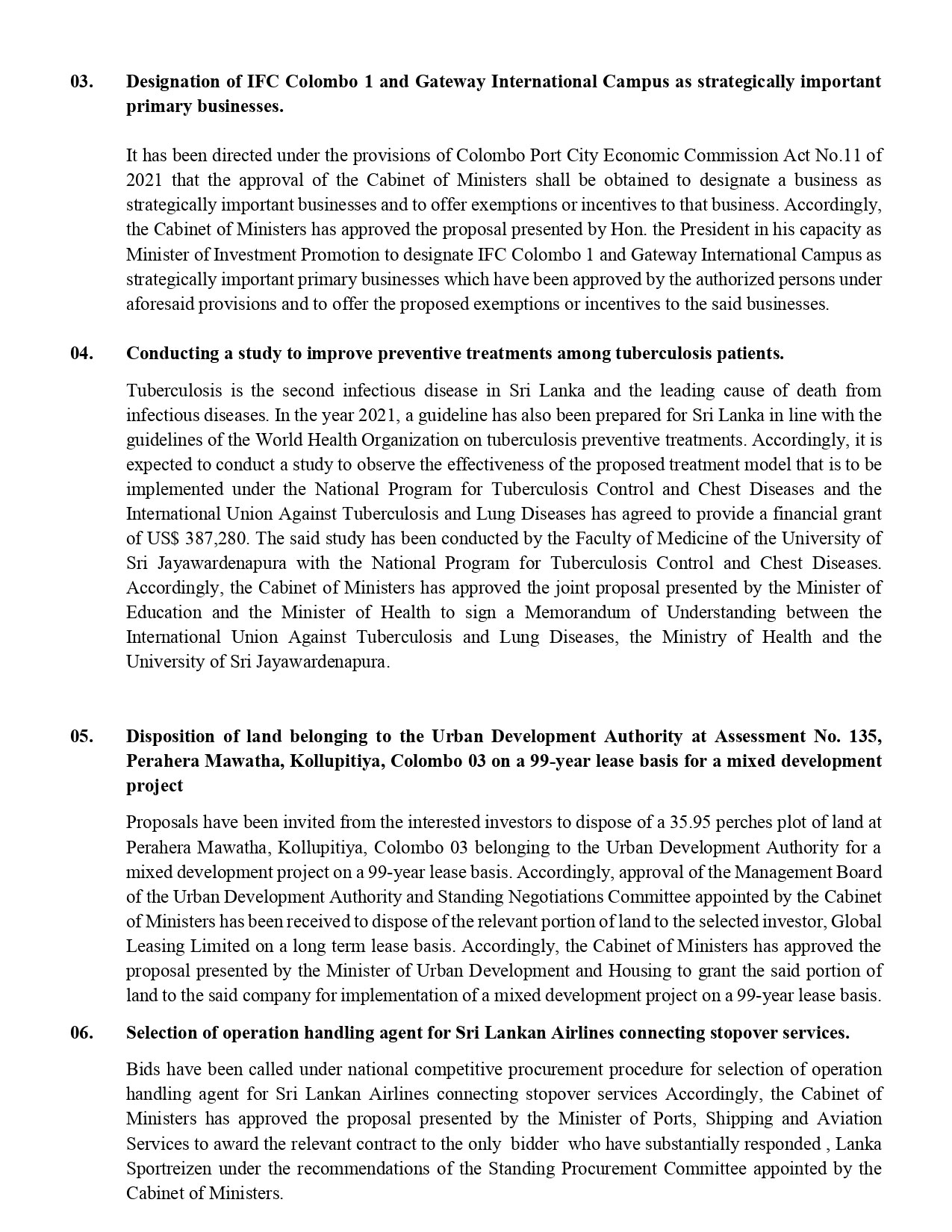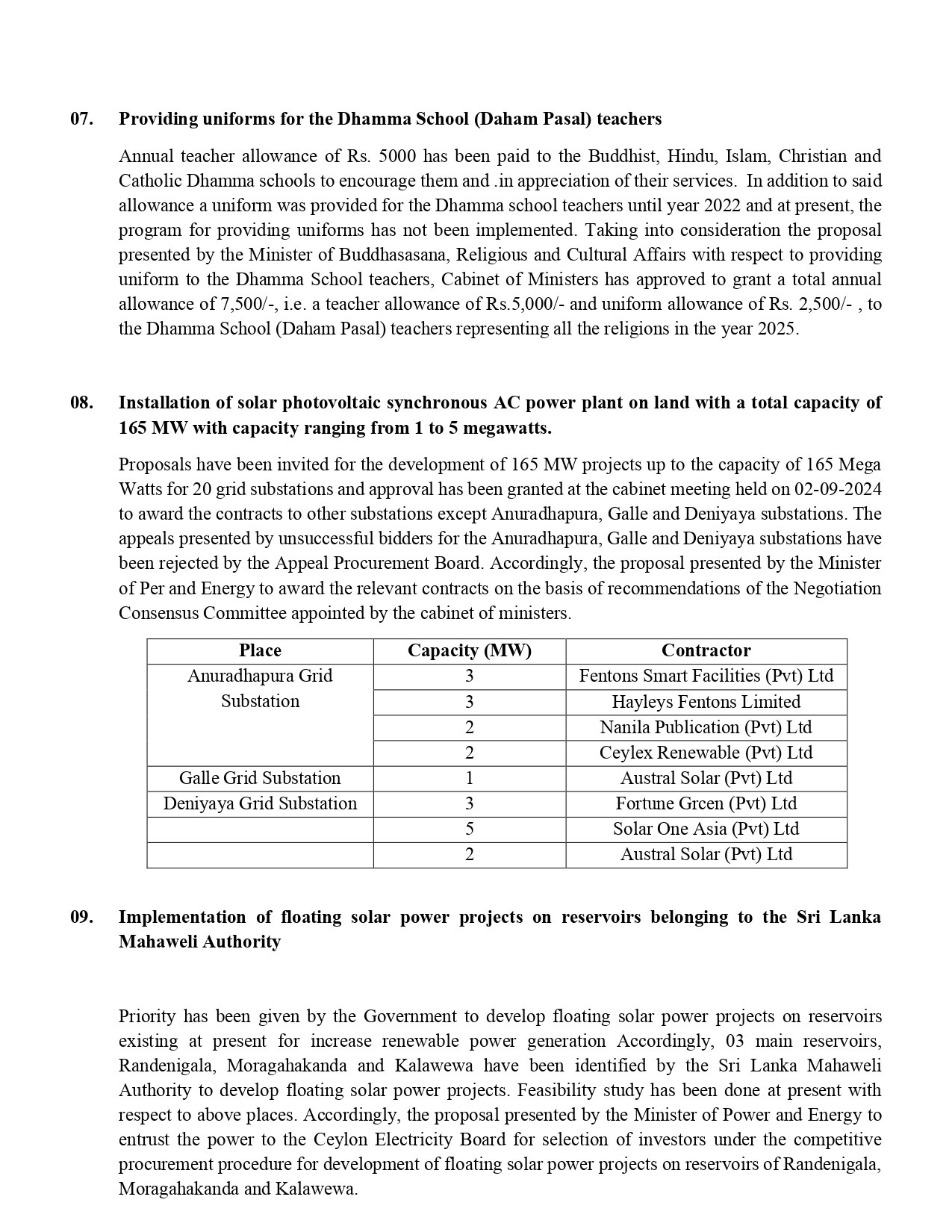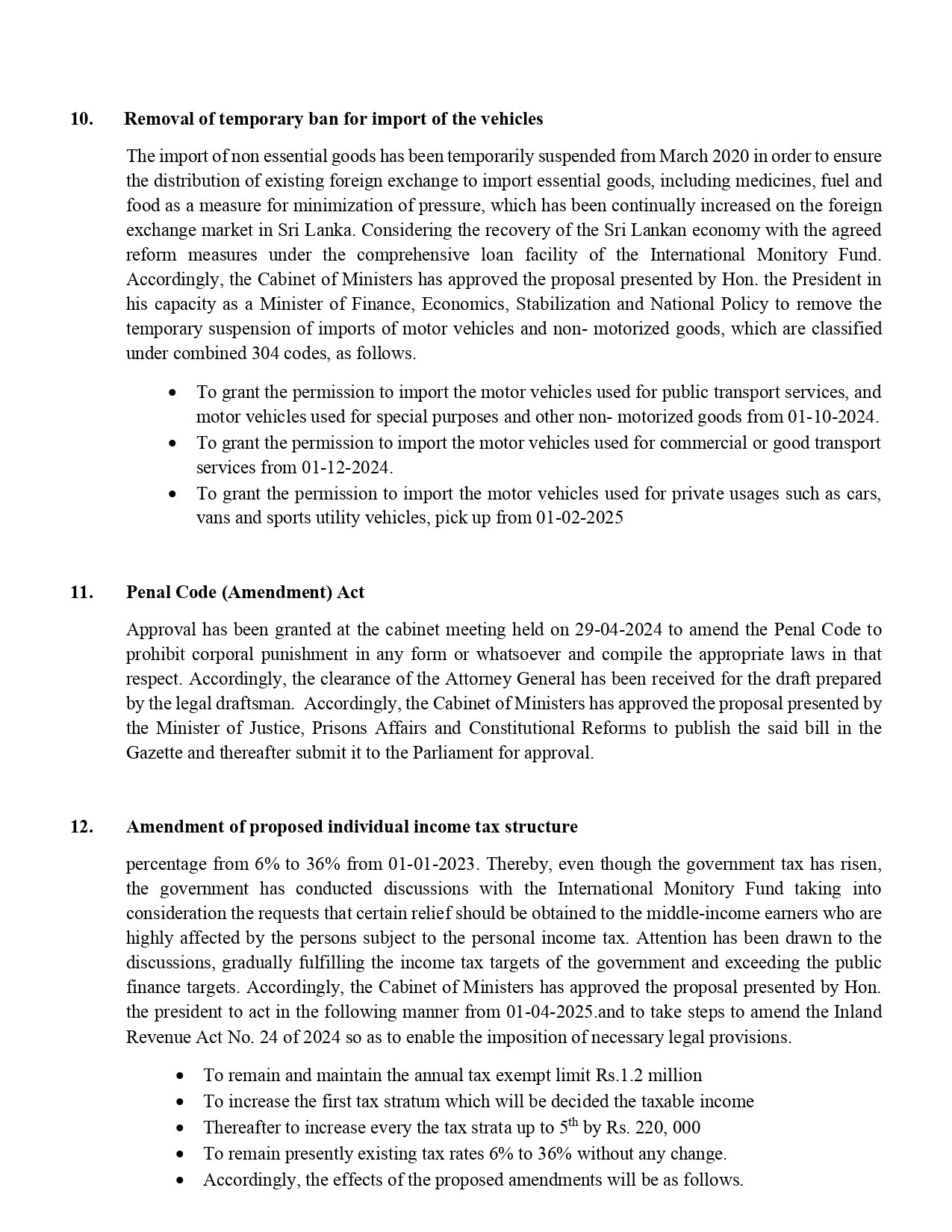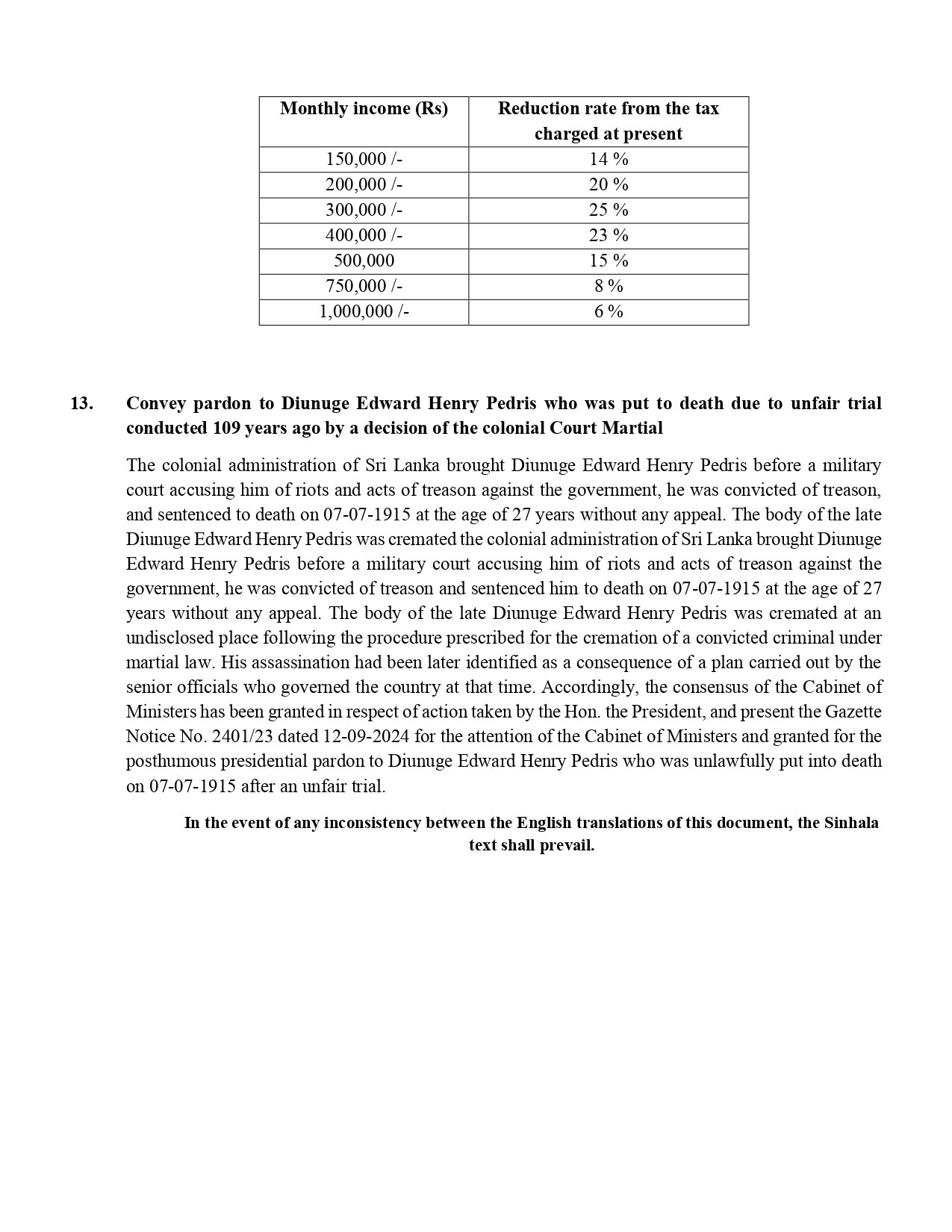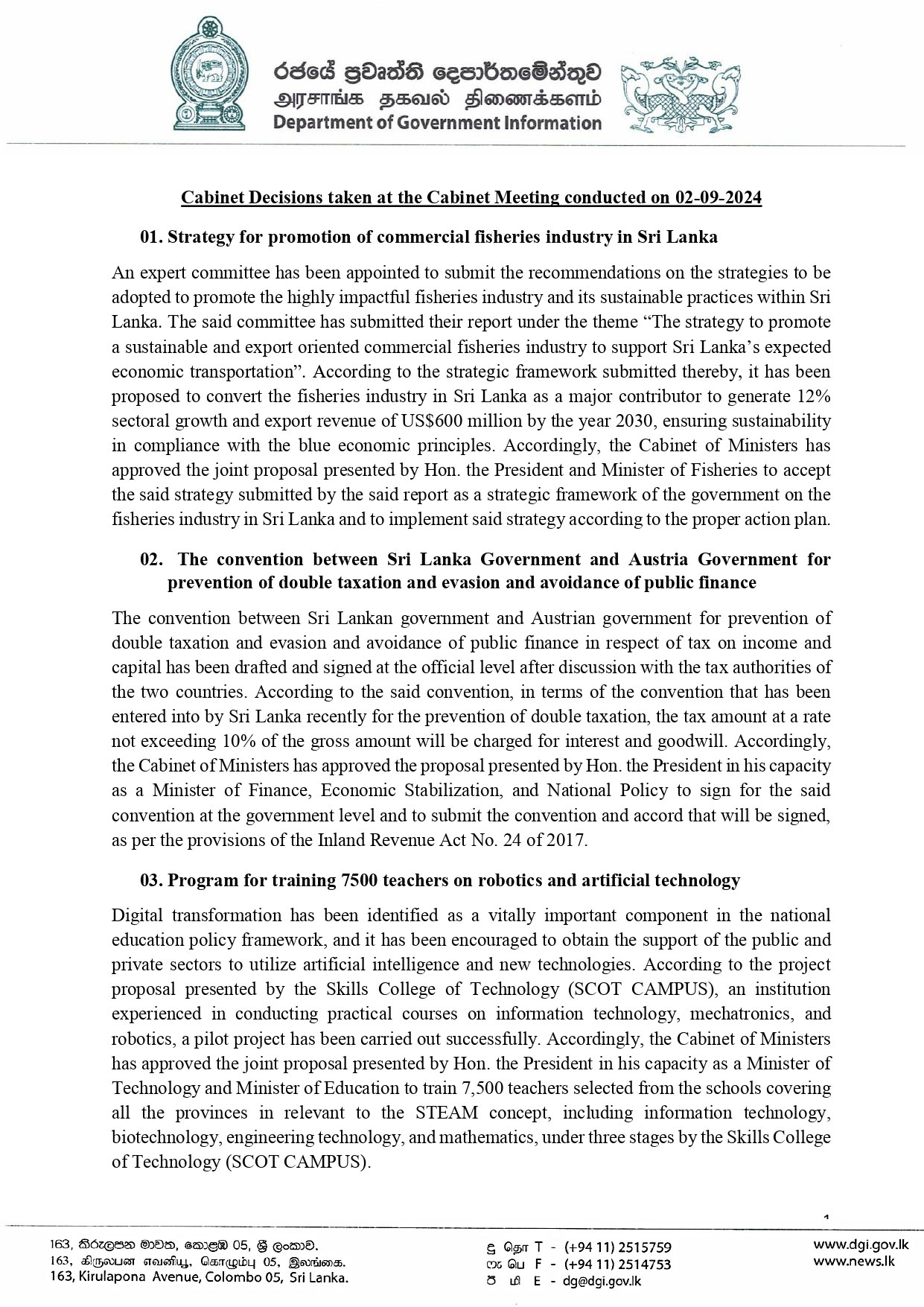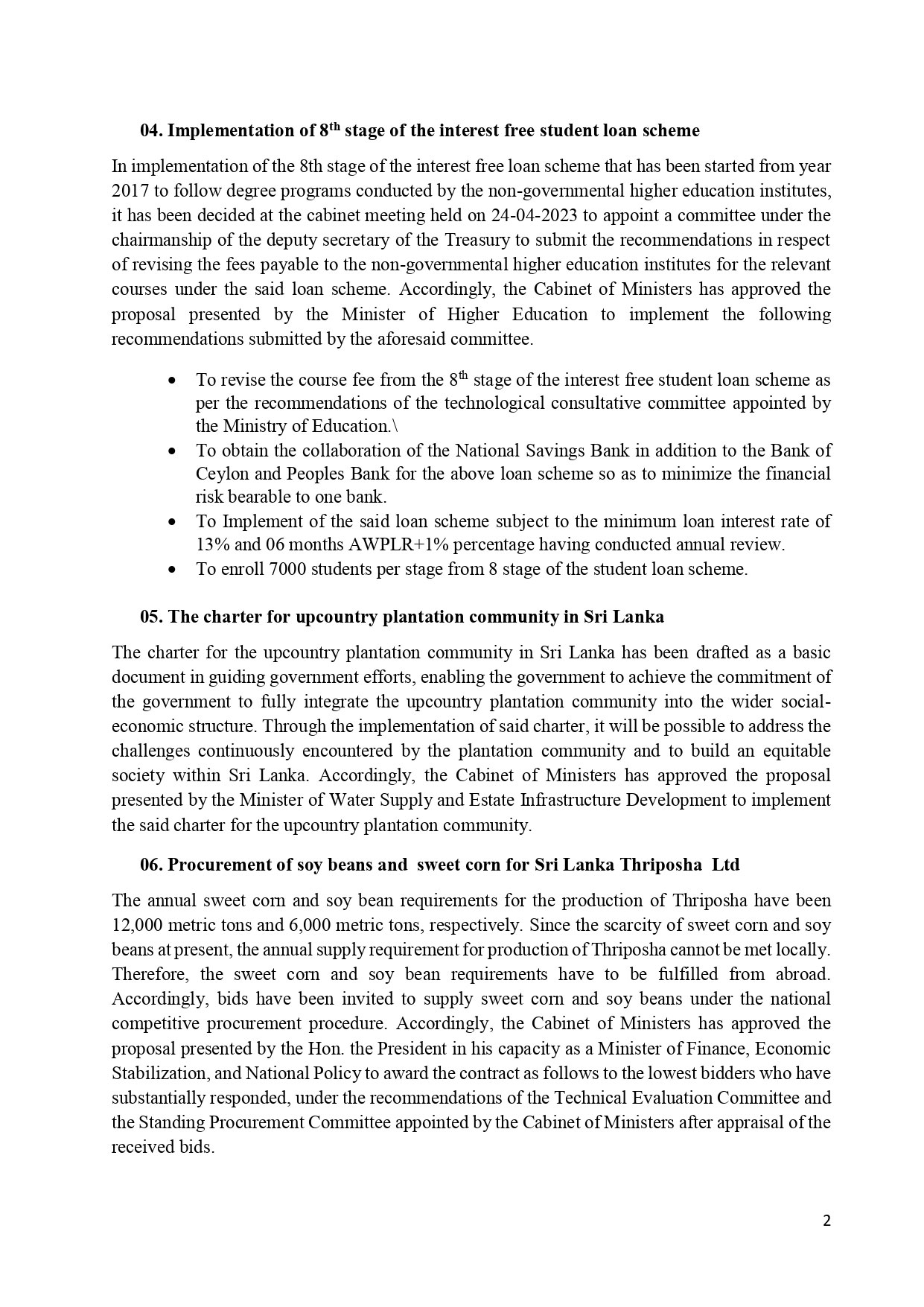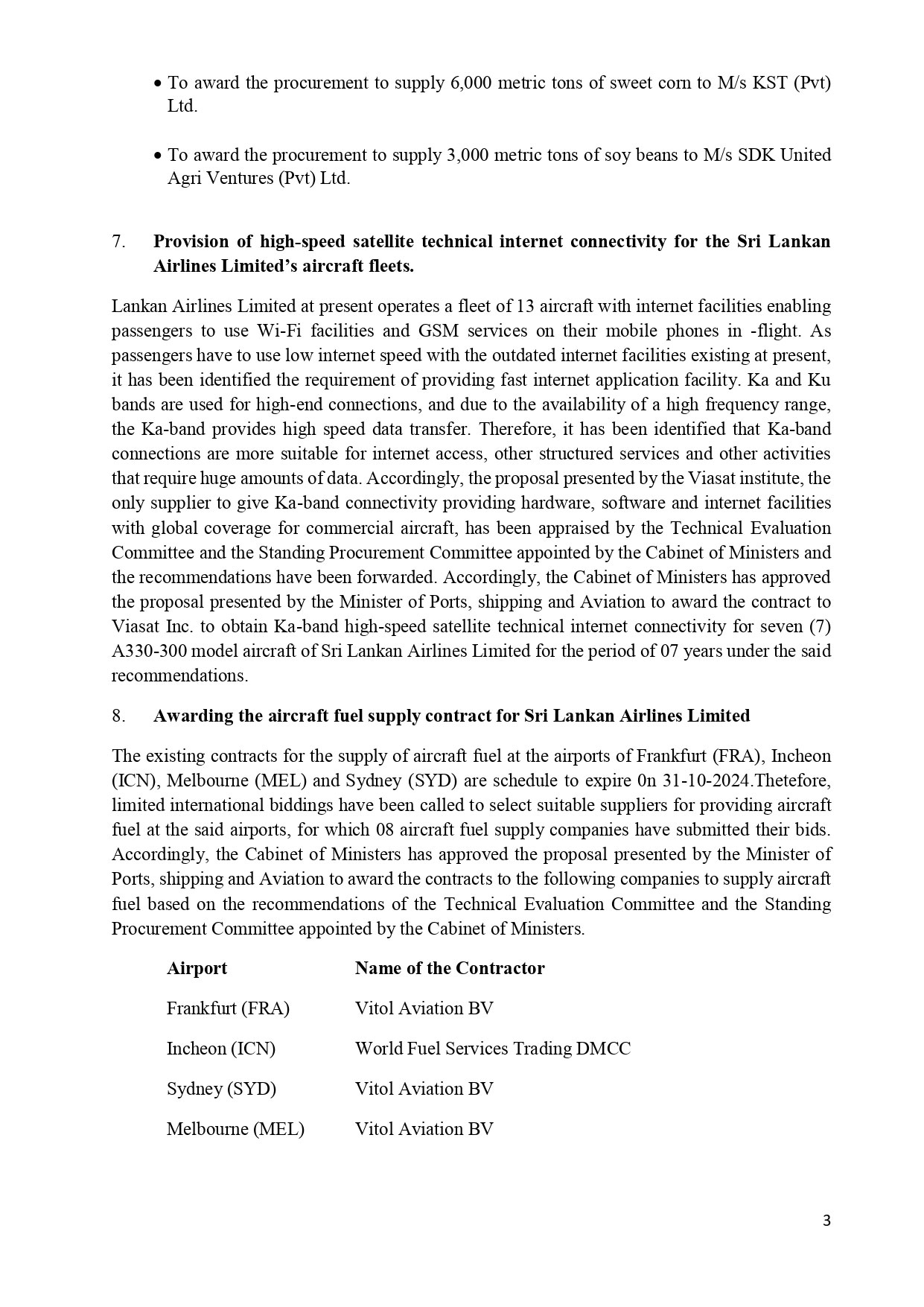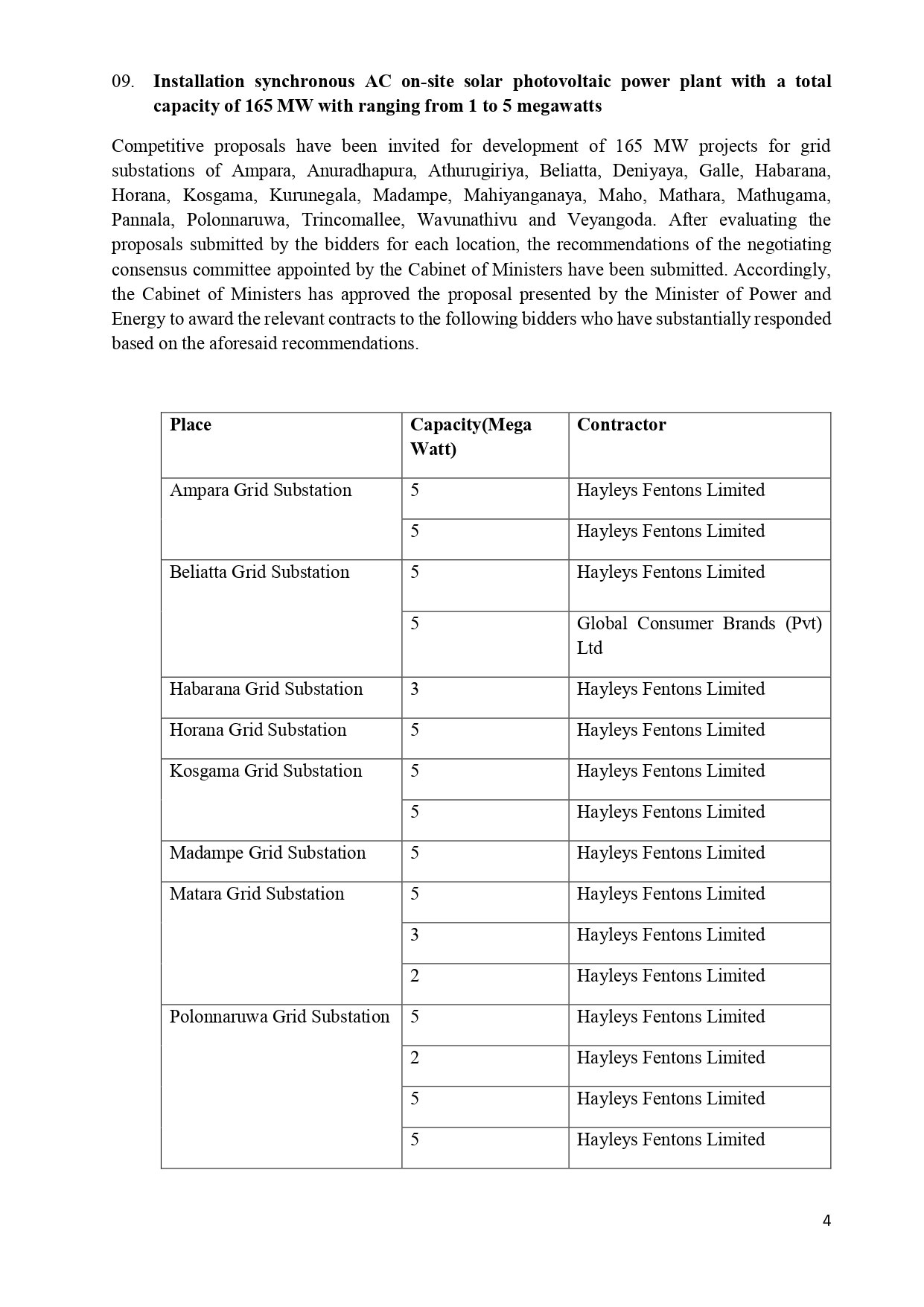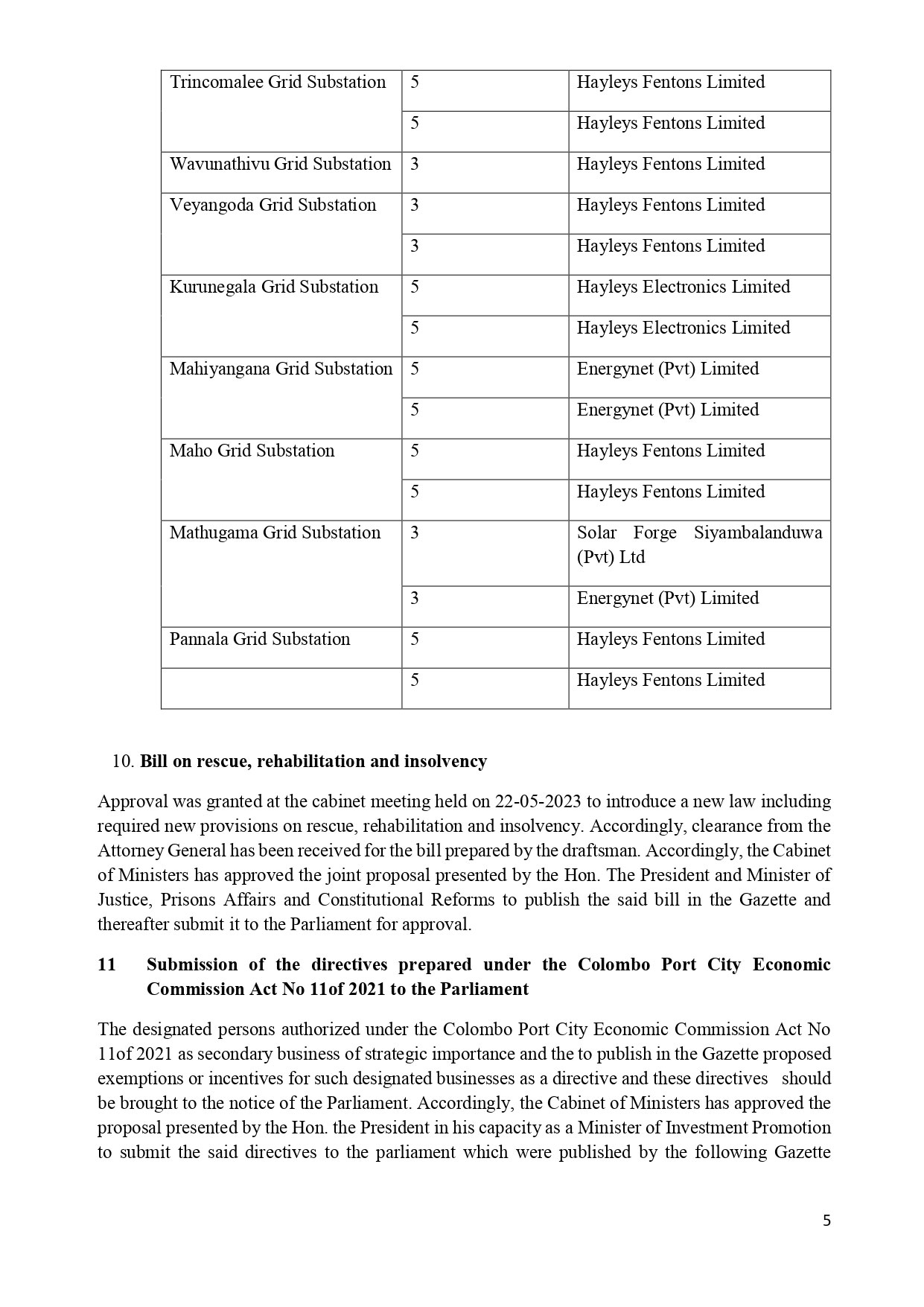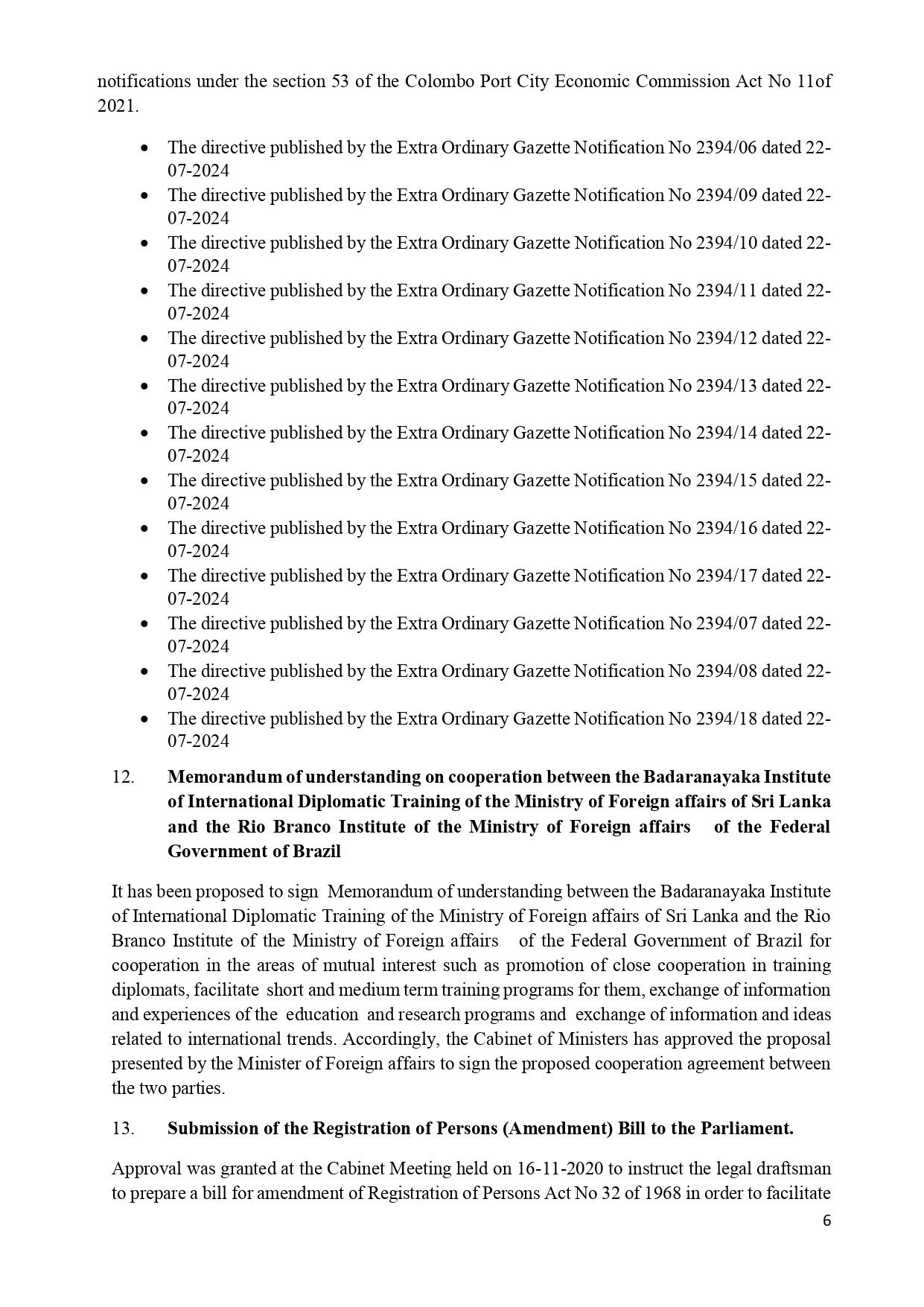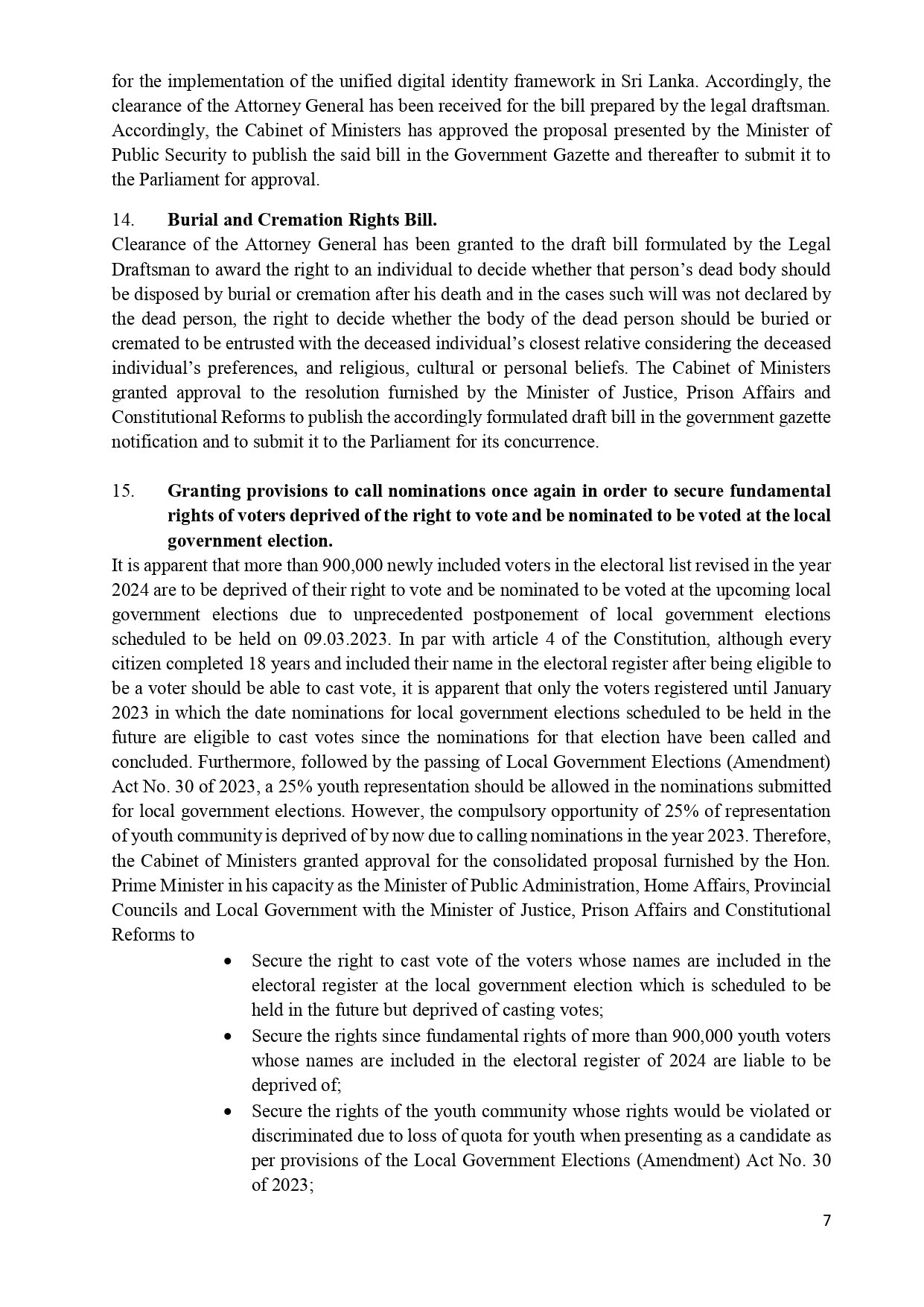- We are committed to making your dreams about Lake House, come true – ANCL Chairman Prof. Harendra Kariyawasam
The Transport, Highways and Mass Media Minister, Dr. Bandula Gunawardhana stated that when considering the location and physical and human resources that Lake House possesses, it is important to consider upgrading the institute into a university that provides knowledge in the field of media by merging with an internationally recognised university in the field.
He said that in a digitised world, it is not possible to maintain a media organisation in the future by only printing and selling newspapers and modern technology to produce material such as e-books, e-paper etc. should also be taken advantage of.
He was speaking at the diploma awarding ceremony to those who had successfully completed the course conducted by the Media Academy of Lake House at the BMICH in Colombo.
Diplomas were awarded to 20 students who successfully completed the media communication diploma course and the digital media communication diploma course conducted by Lake House Media Academy, which was started by Associated Newspapers of Ceylon Limited with the aim of creating a knowledgeable and creative future generation in the media field.
The diplomas were awarded to 11 students who studied media communication diploma and 09 students who studied digital media communication course. The Minister addressing the gathering further said, “Everything in this world changes except change. The only constant is change. When the world is changing rapidly, there is a need for an enlightened media culture to spread the facts of the changing world more widely and critically to the society and popularise it.
In order to fulfil that need, the lecturers and professors of Lake House Media Academy have gathered a set of experiences to give the children the right guidance and gain a lot of practical experience. Secondly, it has been recorded in the history of our country that the Lake House Institute played a great role in the national freedom struggle”.
Senior Professor Aruna Shantha, from the University of Sri Jayewardenepura;
How many people in the world have a diploma? There are only one percent of graduates in the world. Let’s imagine that there are twice as many diploma holders. But there are only two percent. I asked our dear Professor Tudor how many people are involved in the media industry. He said that there will be 5,000 to 6,000 at the most. What a rare opportunity.
This is the most powerful weapon in the world. That is the truth. Media can make or break a government. How many people get an opportunity like this? How many people get the opportunity to study and work in this kind of field?
You are very lucky”.
Professor Harendra Kariyawasam, Chairman of the Associated Newspapers of Ceylon Limited;
The second diploma programme organised by Lake House Media Academy is being held today. Congratulations to those who are entering the society today with diplomas in media communication and digital media and I wish them great success in the future.
In addition to these two courses, Lake House Media Academy has also played a special role in organising many one-day workshops, including one for television and radio programme announcers and wedding photography, about government taxes, and other one-day workshops too.
Dr. Bandula Gunawardhana is my economics teacher. Today we are using the theoretical knowledge that you taught in a practical manner. I am proud to say that the economics and commerce knowledge you taught me thirty-five years ago can still be used practically today.
I respect you as a unique person who creates an environment suitable for the future and not just another Minister. We are committed to making your dreams about Lake House, come true.
I would like to tell you briefly about some of the achievements of Lake House in the past one year. In 2023, the employees were given bonuses twice a year and ended the year 2023 with a profit of 31 million rupees. In 2024 already one bonus has been given and plans are afoot to finish the year with a net profit of 45-50 million rupees.
For the first time in the history of Lake House, an annual performance evaluation has been introduced to the employees through a performance-based methodology and a memorandum of understanding has been signed with the Ministry of Media on behalf of the approved staff.
Fr. Ranga Shehan, a student who studied Diploma in Media and Communication;
Media is the most powerful weapon on earth. It has the power to influence key decisions. People’s minds are influenced by the media. I also realised the truth of this saying when I joined the media communication diploma course conducted by the Lake House Media Academy, which started on March 17.
Thisara Rajapura, who did the Diploma course in Digital Journalism;
I joined Lake House Media Academy while I was studying at university. Since the past, we call Lake House Media in Sri Lanka as the home of newspapers. It is based on that belief that we came here. Glad to say. My choice is 100 percent correct.
Additional Secretary of the Ministry of Media Deepa Liyanage, High Court Judge and Public Trustee Gihan Pilapitiya, Director General of Government Information Dinith Chinthaka Karunaratne, Sri Lanka Television Corporation Chairman Senior Professor Sudantha Liyanage, University of Colombo Professor Tudor Weerasinghe, the Director Board and staff of Lake House and family members of diploma recipients participated.










